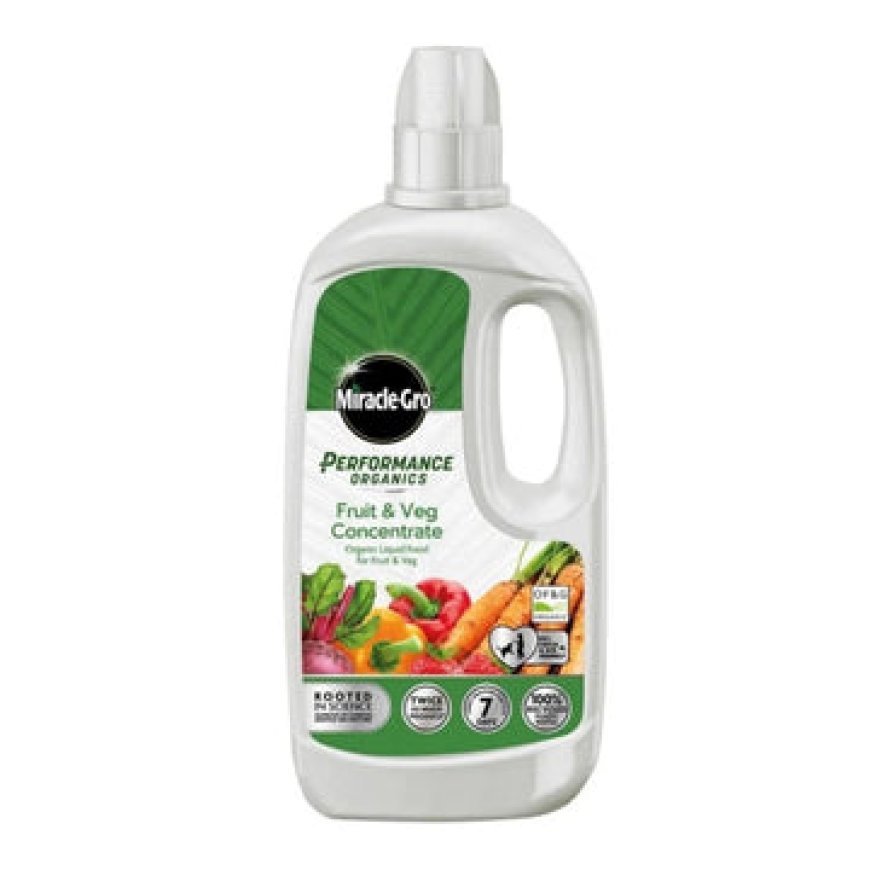The Rise of Organic Plant Food: A Green Revolution
Organic plant food represents a significant step forward in gardening and agriculture. Its benefits for soil health, environmental sustainability,
In recent years, there has been a significant shift in the way people approach gardening and plant care. At the forefront of this green revolution is the increasing popularity of organic plant food. Companies like Fitfit Garden have been pioneering in this space, providing gardeners with natural alternatives to chemical fertilizers. But what exactly is organic plant food, and why is it becoming the preferred choice for so many?
What is Organic Plant Food?
Organic plant food is a type of fertilizer derived from natural sources such as compost, manure, bone meal, and seaweed. Unlike synthetic fertilizers, which are produced using chemical processes and often contain harmful substances, organic plant food is free from artificial additives. This distinction is crucial as it aligns with the broader environmental and health benefits that come with organic gardening. By using organic materials, gardeners can enrich their soil with essential nutrients in a way that mimics natural ecological processes.
Benefits of Using Organic Plant Food
The benefits of using organic plant food are manifold. Firstly, it enhances soil health by improving its structure and increasing its ability to retain moisture. This is essential for plant growth, as healthy soil supports robust root systems. Additionally, organic fertilizers release nutrients slowly, ensuring a steady supply of food for plants over time. This contrasts with chemical fertilizers, which can cause nutrient spikes and subsequent periods of deficiency.
Moreover, organic plant food is environmentally friendly. It reduces the risk of water pollution caused by runoff from chemical fertilizers, which often contain nitrates and phosphates that can harm aquatic ecosystems. By using organic options, gardeners contribute to the reduction of these pollutants, promoting cleaner water bodies and a healthier planet.
Health Implications for Humans and Animals
One of the most compelling reasons to switch to organic plant food is the positive impact on human and animal health. Chemical fertilizers often contain toxic substances that can be harmful if ingested or if they come into contact with skin. These chemicals can accumulate in the food chain, posing risks to wildlife and humans alike. In contrast, organic fertilizers are made from natural ingredients that are safe for both humans and animals.
This safety aspect is particularly important for those growing edible plants. When you use organic plant food, you can be confident that your fruits, vegetables, and herbs are free from harmful residues. This not only makes the produce healthier but also more flavorful, as the natural growth processes are supported rather than forced by synthetic chemicals.
Economic and Practical Considerations
From an economic perspective, organic plant food can be more cost-effective in the long run. Although the initial cost might be higher than synthetic alternatives, the benefits to soil health mean that gardeners often need to use less fertilizer over time. Healthier soil means more productive plants, leading to better yields and potentially lower costs associated with pest control and disease management.
Practically, organic plant food is also easier to use. It generally does not require precise measurements and applications, reducing the risk of over-fertilization, which can damage plants. Furthermore, many organic options are available in forms that are easy to apply, such as pellets, powders, and liquid concentrates, making them accessible to both novice and experienced gardeners.
The Future of Gardening with Organic Plant Food
The trend towards using organic plant food is likely to continue as more people become aware of its benefits. With increasing concerns about climate change, biodiversity loss, and sustainable living, organic gardening practices are more relevant than ever. By choosing organic plant food, gardeners can play a part in creating a more sustainable future.
This shift is also supported by the growing availability of organic products. More garden centers and online retailers now offer a wide range of organic fertilizers, making it easier for consumers to make the switch. Additionally, there is a wealth of information available on how to make homemade organic plant food, further democratizing access to sustainable gardening practices.
Conclusion

and human and animal safety make it an attractive alternative to chemical fertilizers. As companies like Fitfit Garden continue to innovate and expand their offerings, the future of gardening looks greener than ever. Embracing organic plant food is not just a trend but a necessary evolution towards a healthier and more sustainable world. By making this choice, gardeners can contribute to the well-being of their plants, themselves, and the planet as a whole.












